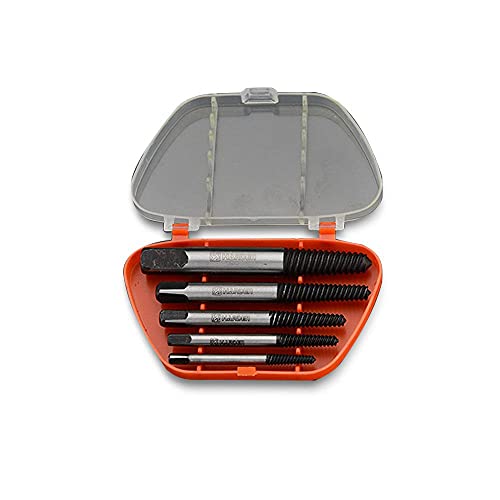http://en.wikipedia.org/wiki/Reactivity_series
Metals below hydrogen will not dissolve in Hydrochloric acid HCl, so copper will not dissolve in HCl, but if the copper is oxidized to CuO then HCl will form copper chloride CuCl2, so metals below Hydrogen in the reactivity series need oxidizers to oxidize the metals before they will dissolve into solution.
Base metals above Hydrogen in the reactivity series will dissolve in HCl.
Gold is less reactive than copper, so it does not oxidize (lose electrons) as easy as copper does, so it takes a stronger oxidizer to oxidize (remove an electron from the gold atom) or to dissolve the gold, we can use this to oxidize copper and dissolve it into solution as a chloride, and leave the gold atom whole or undissolved, so we can recover the gold from the base metal.
The trick here is to have just enough oxidizer to dissolve copper, but not so much oxidizer that we will put gold into solution.
Metals below hydrogen will not dissolve in Hydrochloric acid HCl, so copper will not dissolve in HCl, but if the copper is oxidized to CuO then HCl will form copper chloride CuCl2, so metals below Hydrogen in the reactivity series need oxidizers to oxidize the metals before they will dissolve into solution.
Base metals above Hydrogen in the reactivity series will dissolve in HCl.
Gold is less reactive than copper, so it does not oxidize (lose electrons) as easy as copper does, so it takes a stronger oxidizer to oxidize (remove an electron from the gold atom) or to dissolve the gold, we can use this to oxidize copper and dissolve it into solution as a chloride, and leave the gold atom whole or undissolved, so we can recover the gold from the base metal.
The trick here is to have just enough oxidizer to dissolve copper, but not so much oxidizer that we will put gold into solution.













































